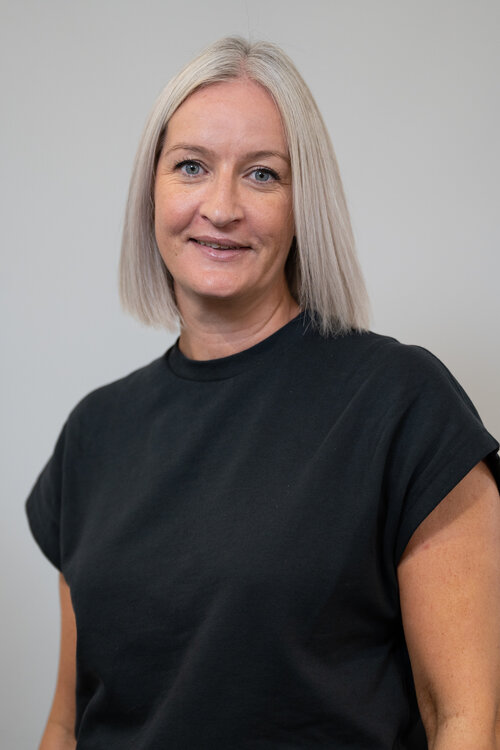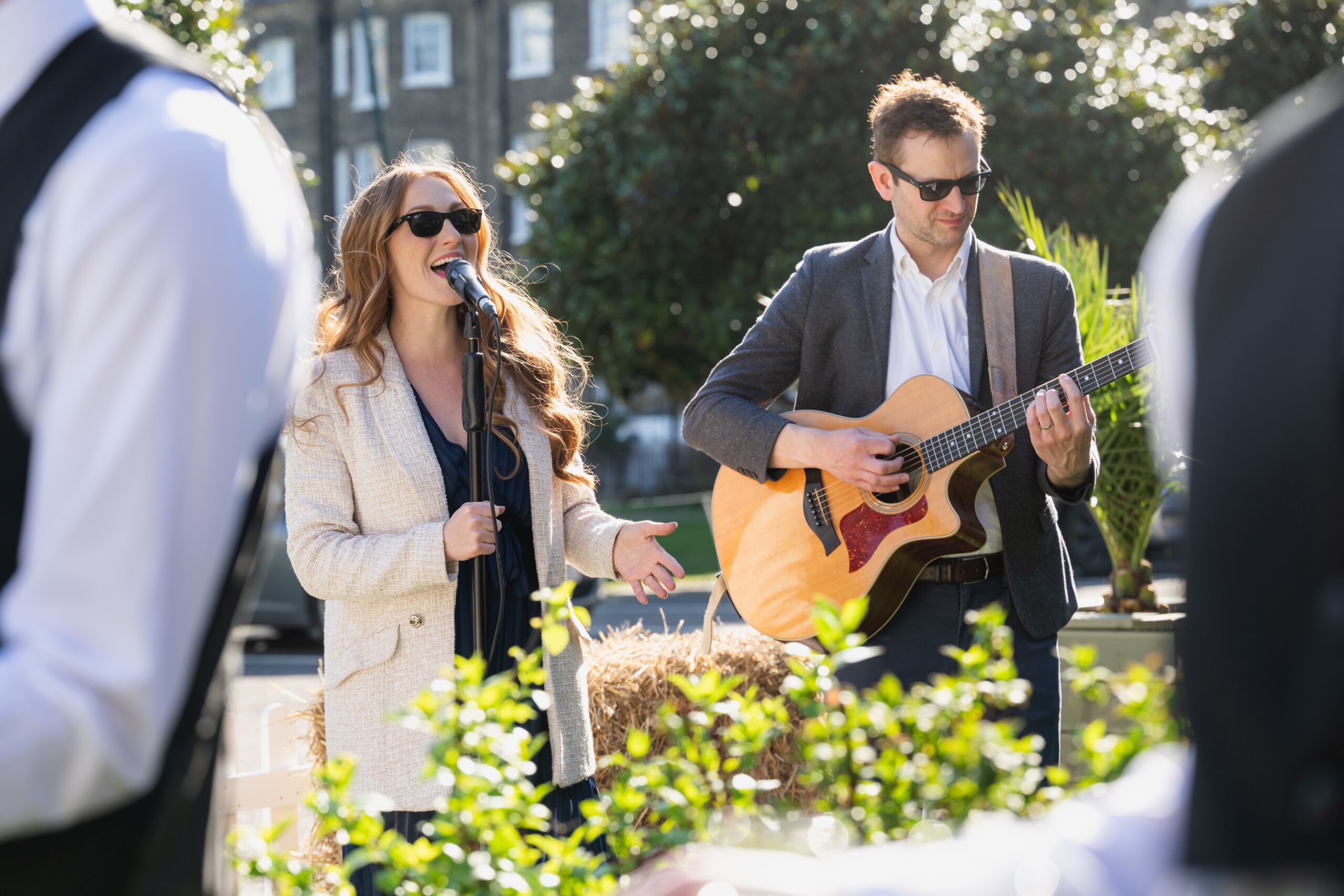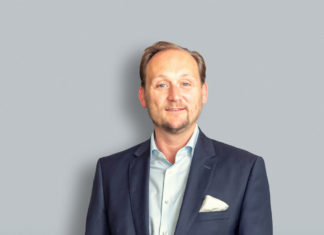By Sarah Yeats, Managing Director, Sledge
There’s no denying that both as a sector and more broadly, we’ve seen an increased focus on sustainability throughout the course of 2022.
As an industry, we’re coming together to share ideas, experiences and knowledge more than ever, so that we can all do and be better on an organisational and individual level.
Protecting the planet has always been in the hearts and minds of the Sledge team, however it was our work with the Department for Business, Energy & Industrial Strategy (BEIS) around their FACT Dialogue initiative that truly humanised this important matter, made it more accessible and approachable, and inspired us to take action.
Doing good with government
When it was first established in 2021, the core aim of FACT Dialogue was to raise awareness of agricultural deforestation around the globe.
This saw our team partner with the BEIS to gain a deep understanding of their goals and their target audience. We developed a steering committee with them, their stakeholders, and partners to curate a strategy that would ensure their core messages were communicated in not only educational and compelling, but sensitive ways.
Developing the strategy, and curating events and content that reflected it meant not only working closely with people – from members of government to agricultural producers throughout the world – who were so passionate about the cause, we gained unique insight into the issue at hand.
No longer was sustainability or climate change a bigger picture piece that we and our industry were not susceptible to; the urgency to take action was clearer than ever before.
Sustainability and agricultural deforestation are no doubt complex issues, but one of our key learnings from this experience was that we all have a part to play. If we all make small, ongoing changes to our daily lives, we can collectively make a big difference.
Embarking on the agency journey
Our own approach to sustainability as an agency is very much inspired by this notion. We recognise that large-scale changes don’t always happen overnight, but incremental changes do, and they can have an immense impact over time.
What is key, and this is something that I would recommend all those in the sector strive to do, is map out our journey and encourage everyone – employees, clients and suppliers – to join us.
This means developing an overarching sustainability vision or strategy, and then anchoring it with a detailed roadmap that is broken down into individual tasks or goals – whether they be weekly, monthly, quarterly or other.
This granular, step-by-step – and importantly, continuous approach helps to avoid the overwhelm of addressing the overarching issue, and keeps us all accountable.
We develop content for the BEIS and FACT Dialogue in much the same way. Across the What is FACT? broadcast, Nature Day event at COP26, and now COP27, where we have developed films around the launch of the Forest and Climate Leaders’ Partnership (FCLP), our strategy is to share complex information in the form of bite-sized content pieces.
This approach combined with features such as bespoke animations and live action explainers ensures key messages are captured by audience members, that all stakeholders are aligned to the same vision, and they are therefore ready to embark on the next stage of their sustainability journey.
Why work towards a higher purpose?
In addition to supporting the BEIS, we partner with government organisations such as The Foreign, Commonwealth & Development Office (FCDO), and non-profits including We Are Family Foundation (WAFF).
There are many benefits of such partnerships. Based on our first-hand experiences they include the fact that doing good work that also does good inspires us to do and be better – and our sustainability journey is a prime example of this.
It’s also a motivator for the team. They are incredibly passionate about this type of work, which means assigning them to these projects is a great morale booster, and can drive not only employee retention, but also help organisations attract talent.
There are some key considerations to keep in mind when working with government and non-profits, though. These include being aware of the rules, regulations and confidentialities that pertain to their sector, and messaging is key. The information you’re communicating may be sensitive, so it’s important to address elements such as tone, style and amplification with careful thought.
Another is that these clients are incredibly busy, and we need to remember that we’re the experts. They might live and breathe climate change, for example, yet look to us to articulate and communicate their messages. Don’t be afraid to step up, lead and harness this expertise.












